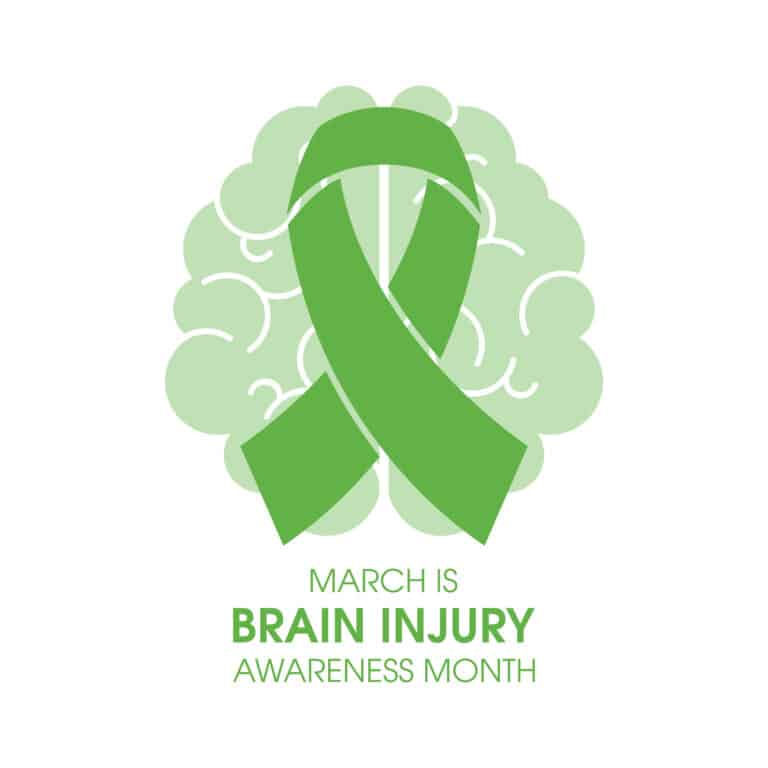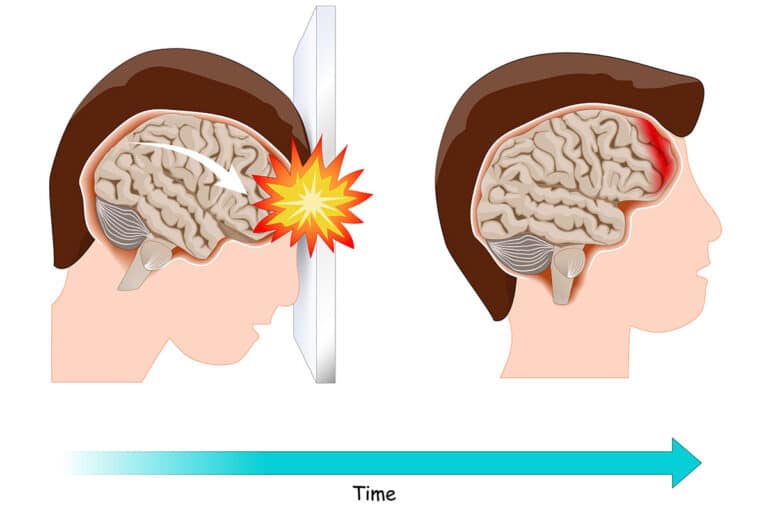Can You Sue for a Concussion?
If you or a loved one has suffered a concussion, you might assume it’s not a serious enough injury to take legal action. You might be surprised to know that it’s not always true! Since September 17 is National Concussion Awareness Day, let’s talk about concussions in general, when it’s appropriate to sue someone over a concussion, and what kind of compensation may be available for those who have experienced this type of injury.
Is a Concussion Considered a Traumatic Brain Injury?
Yes, it is. A concussion is defined as the result of an impact on the head (or sometimes even a sudden jerk like whiplash), which causes the brain to jostle or shake inside the skull, sometimes causing damage to some of the cells. Concussions are often caused by falls, motor vehicle accidents, and sports injuries, like football or soccer collisions with other players.
Most concussions are not life-threatening, but they are still potentially serious because they can result in symptoms like:
- lingering headaches
- fatigue
- dizziness
- nausea
- memory issues
- balance problems
- lack of coordination and reflexes
- confusion about what happened right before and after the injury
Severe concussions may cause permanent brain damage with lasting disabilities. Symptoms may show up immediately after a concussion occurs, but sometimes they occur after the fact. This is why it’s important to have a medical evaluation after any blow to the head to determine whether a concussion has occurred.
When Does a Concussion Warrant a Personal Injury Lawsuit?
From a legal standpoint, you may be eligible to file a personal injury claim for any concussion if the injury occurred due to someone else’s negligence. For example, you’re in a car crash where the other driver is at fault. If the impact was mild and there were no perceived or lingering symptoms, no resulting impairments, and no further injuries, filing a lawsuit might be more trouble than the incident is worth. However, if the injury results in temporary or lasting physical or mental impairments, that constitutes a more significant loss for which you may receive compensation.
What Kind of Compensation am I Eligible to Receive?
The amount of compensation you can claim depends on several factors, including
- the severity of your concussion
- any resulting impairments or disabilities you experience
- the cost of treatment
- whether those impairments impact your ability to work
In cases where the injury is severe enough to interfere with your everyday life, you may be entitled to claim damages for medical bills, lost wages, pain and suffering, permanent impairment, and other expenses associated with the injury. However, because the law is very fact-specific, it’s important to speak with an attorney with experience handling concussion cases—they can determine whether your case has merit and what damages you may be able to ask for.
Can You Sue for a Concussion? Speak with an Attorney
Have you or someone you love suffered a loss due to a concussion? Our personal injury attorneys are here to help. Contact us for a free initial consultation.








